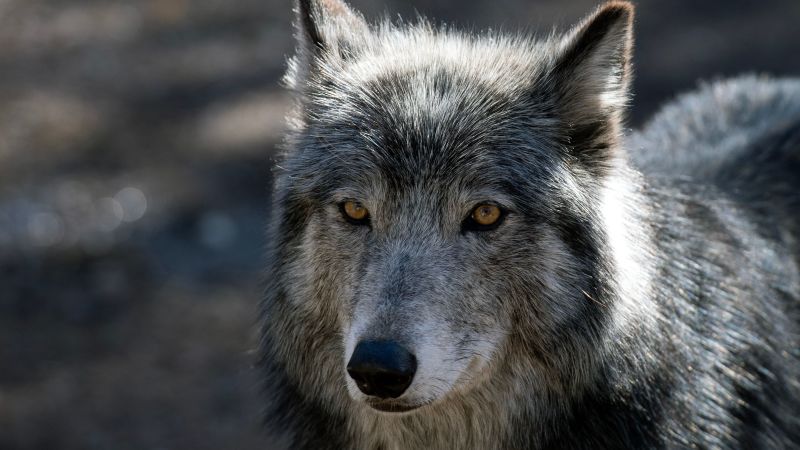The Biden administration has strengthened protections for endangered species by repealing Trump-era rules that had stripped safeguards for threatened plants and animals. The new regulations will reinstate protections for species listed as threatened with extinction, in addition to those listed as endangered. The rules also remove the consideration of economic impact when listing certain species as threatened or endangered, while also taking into account the threat of climate change.
US Fish and Wildlife Service Director Martha Williams emphasized the importance of the Endangered Species Act in conserving and recovering imperiled species, especially in the face of new challenges such as climate change, degraded habitats, invasive species, and wildlife disease. However, the rules are expected to face legal challenges from industry groups and Republican states, who have opposed many of the Biden administration’s environmental regulations.
While the new rules are an improvement over the Trump administration’s rollbacks, they do not go as far as the protections put in place during the Obama administration, according to Drew Caputo, a vice president of the environmental law firm Earthjustice. Caputo expressed concerns about provisions that give agencies more leeway to not list species as endangered based on the uncertainty of future harm, which could potentially threaten species at risk of extinction.
Some industry groups criticized the changes, arguing that they are too restrictive and create regulatory uncertainty. The National Mining Association spokesperson emphasized the importance of conservation goals but suggested that the ESA has been used to impose unnecessary development restrictions instead of focusing on advancing species recovery or protection. The rules cover both land and sea species and were crafted by the Fish and Wildlife Service and the National Marine Fisheries Service within NOAA.
NOAA Fisheries Assistant Administrator Janet Coit highlighted the focus on mitigating ongoing threats like altered ecosystems due to climate change, as global ocean temperatures have reached historic levels and marine heat waves have continued into the new year, causing bleaching of coral reefs in Florida. However, Caputo noted that while climate change is important to consider, the main driver of species extinction is human destruction of habitats. He emphasized the urgency of addressing the biodiversity crisis in addition to the climate crisis to protect threatened species for future generations.


